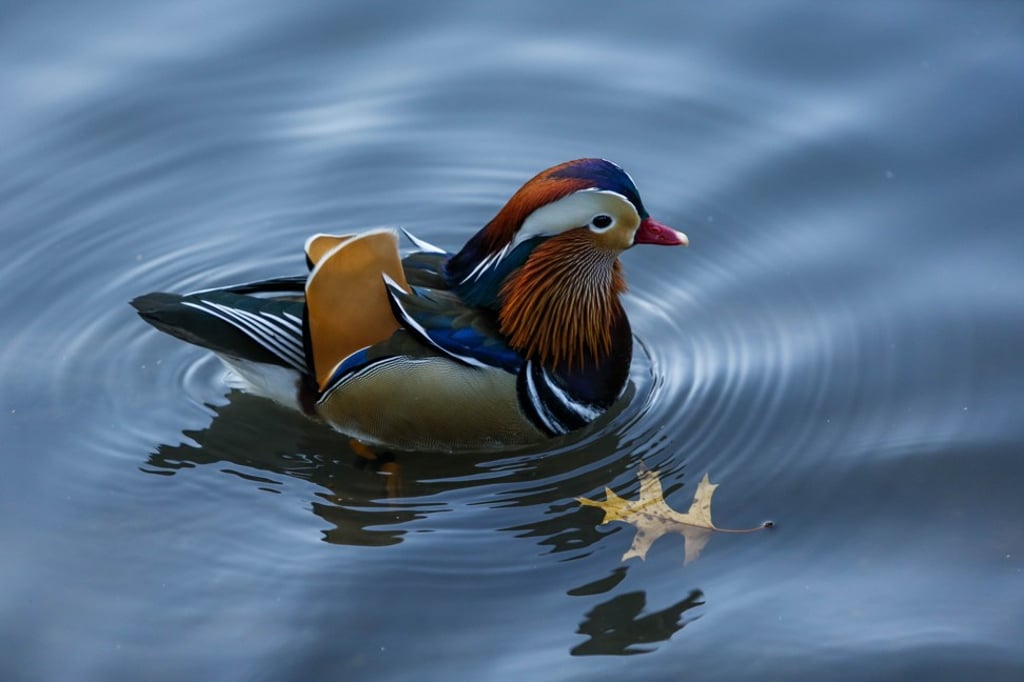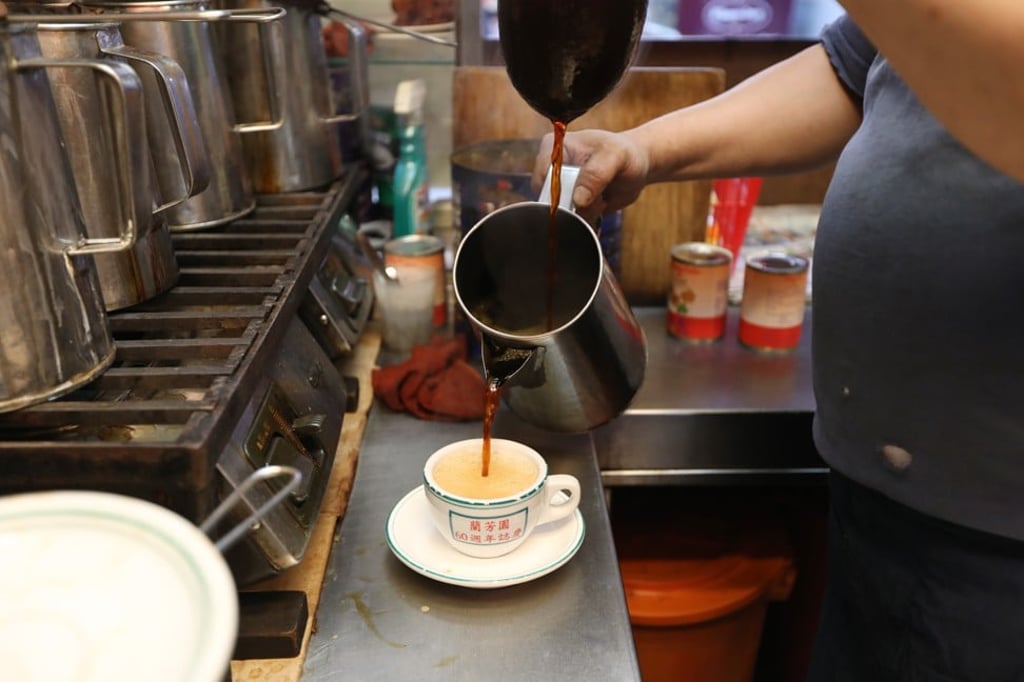Coffee or tea? Order a yuen yeung – the off-menu, half-half hybrid served at cafes across Hong Kong

The Cantonese pronunciation for mandarin duck, yuen yeung is also the name of a harmonious mixture of coffee and milk tea popular at cheap cha chaan teng and restaurants around Hong Kong
A mandarin duck caused a stir in New York’s Central Park in November 2018 – it was an unusual place to see this magnificent multicoloured bird, native to China and Japan. It was a welcome infusion of colour as the waterfowl enchanted commuters with its peaked crown of plumage, feathery violet breast, upturned orange wings and body in variegated blues, whites and greens. New Yorkers were instantly hooked – much like one of Hong Kong’s off-menu beverages, named after the famous duck.

Yuen yeung – the Cantonese pronunciation for mandarin duck – is also the name of a harmonious mixture of coffee and milk tea. Hong Kong’s Lan Fong Yuen, a traditional cha chaan teng (a local style of tea cafe), claims to have created the drink back in 1952, though other combinations of tea and coffee have probably existed elsewhere in the world. This particular recipe for yuen yeung is primarily made of three parts coffee to seven parts milk tea, but can vary depending on the type of tea and coffee used.
Pretty much every cha chaan teng serves it now, but strangely, it mostly remains off the menu, despite widespread knowledge of its existence. Perhaps it has to do with its popularity. For years, we’ve been living in a binary world of coffee and tea, coffee drinkers and tea drinkers. Rarely have the two converged in any meaningful way.
But as borders blur and definitions become more inclusive, so have ideas of different tea concoctions and coffee brews that include ingredients which purists would once have deemed blasphemous adulterations.
